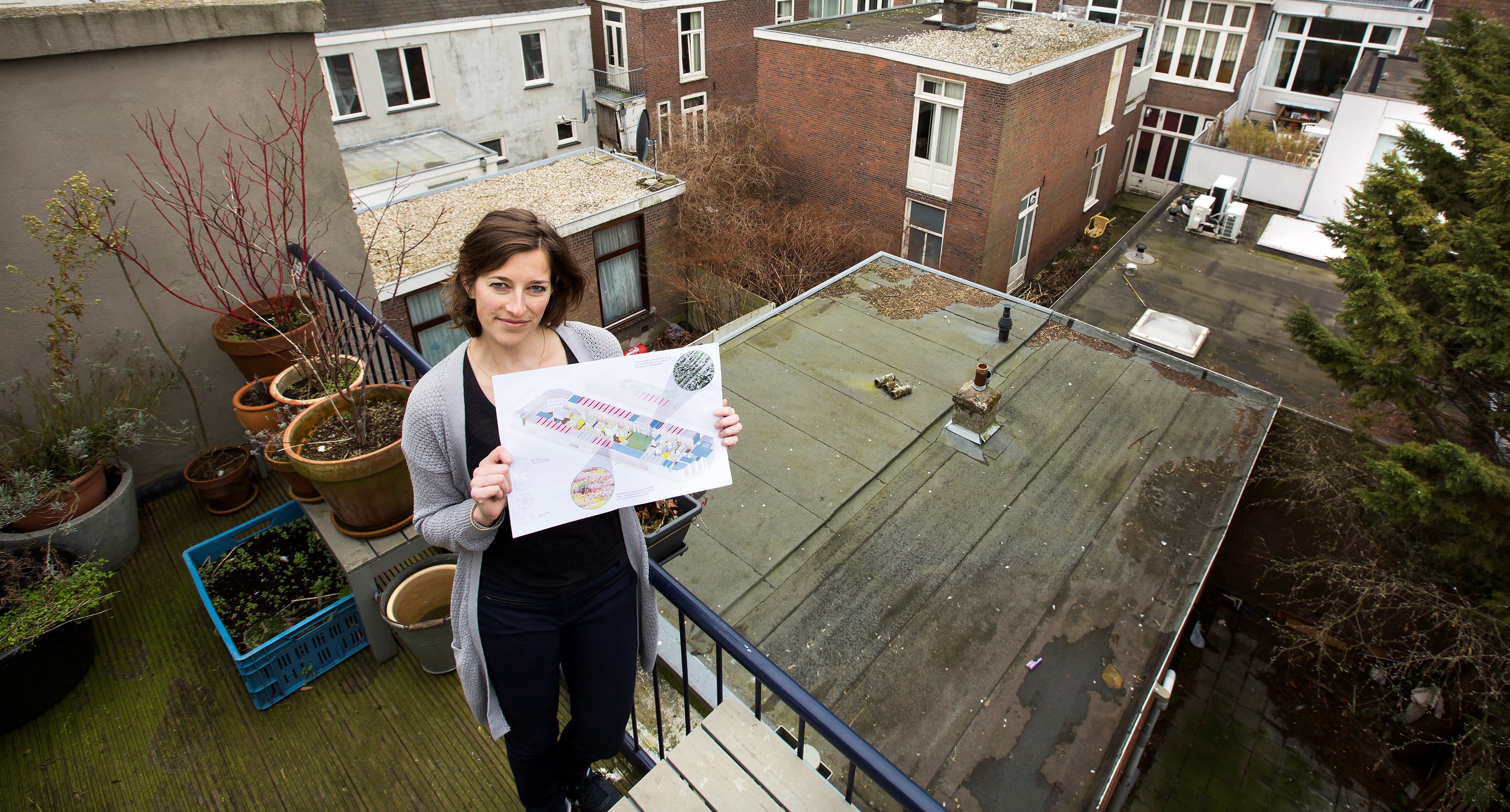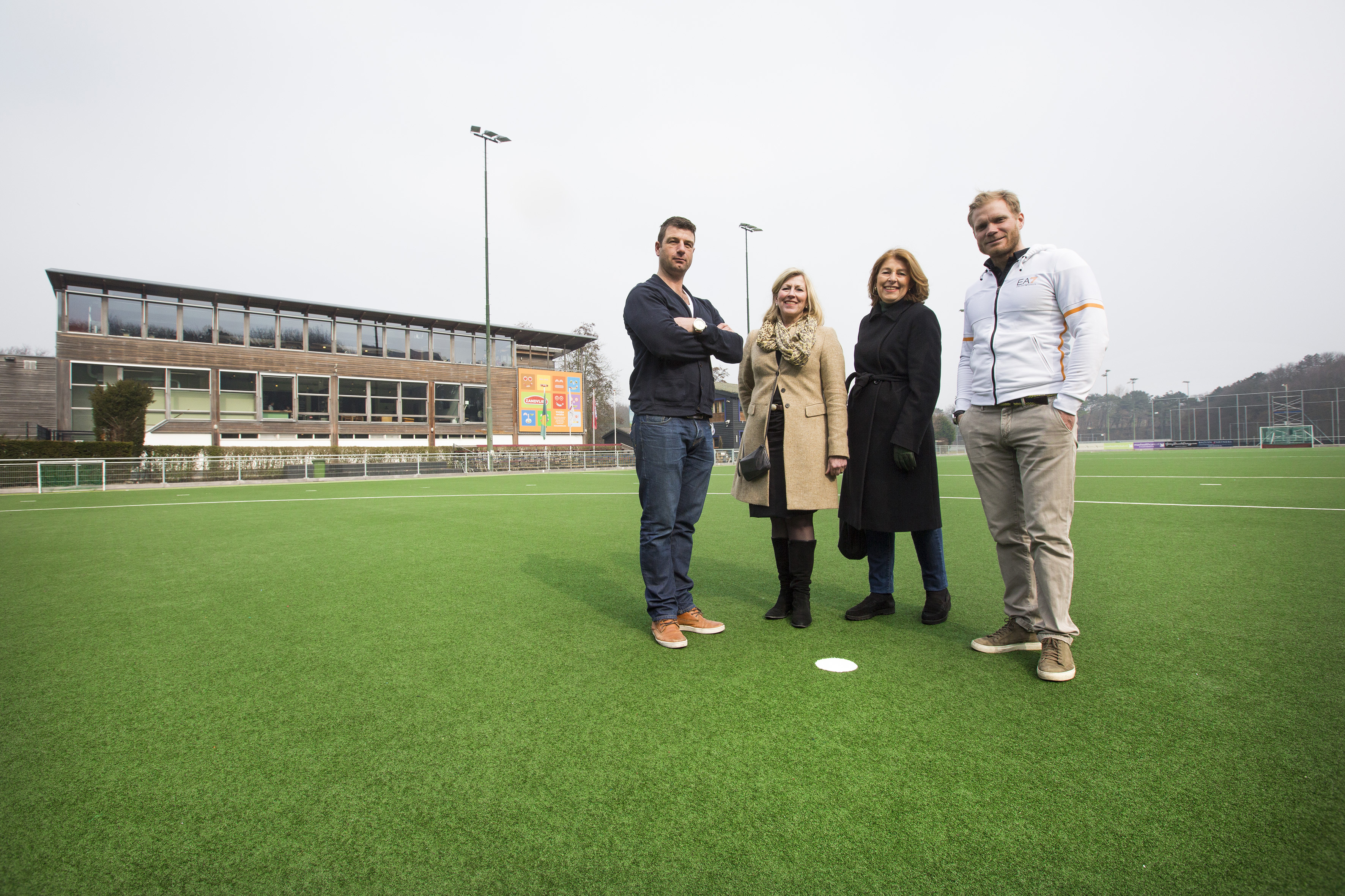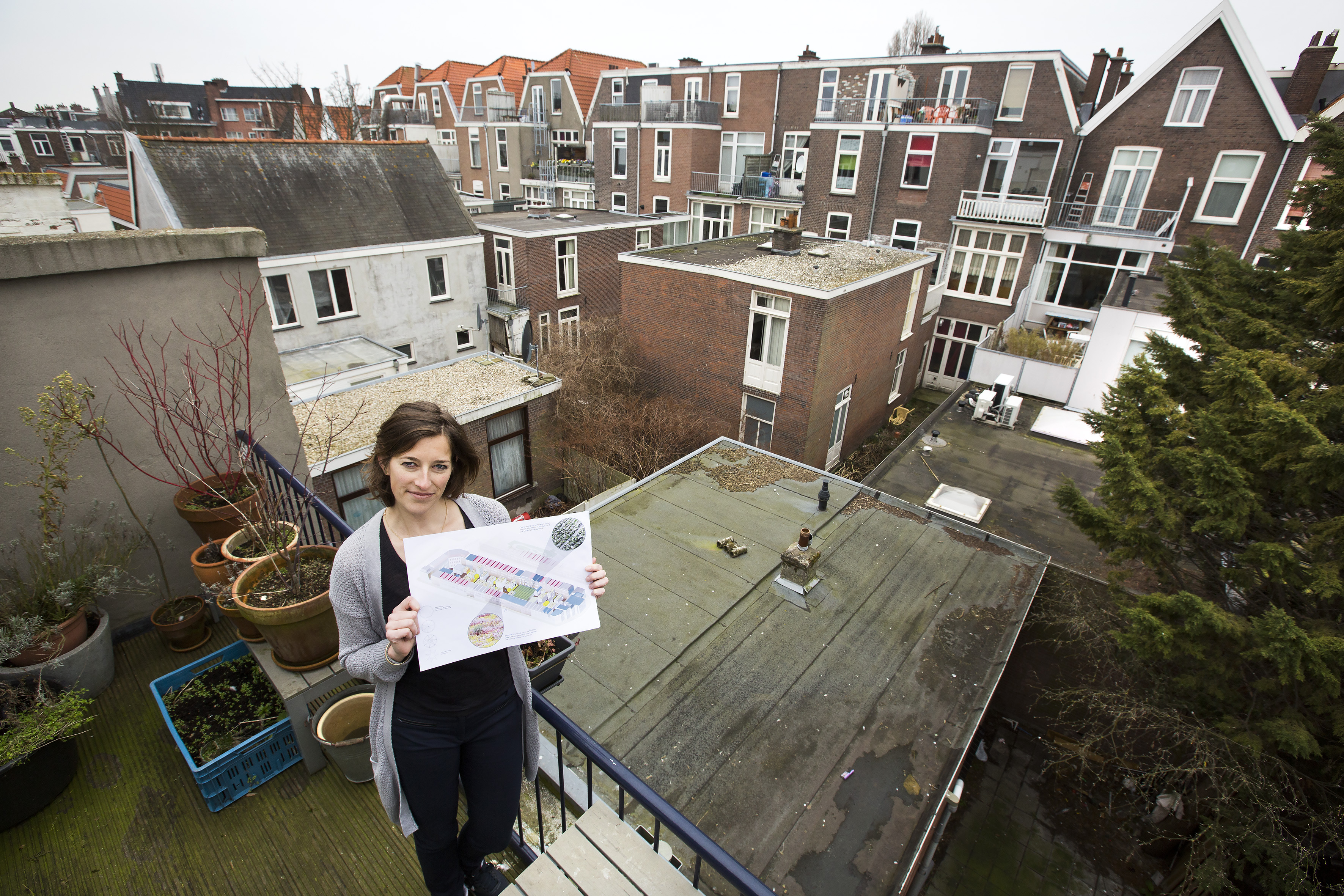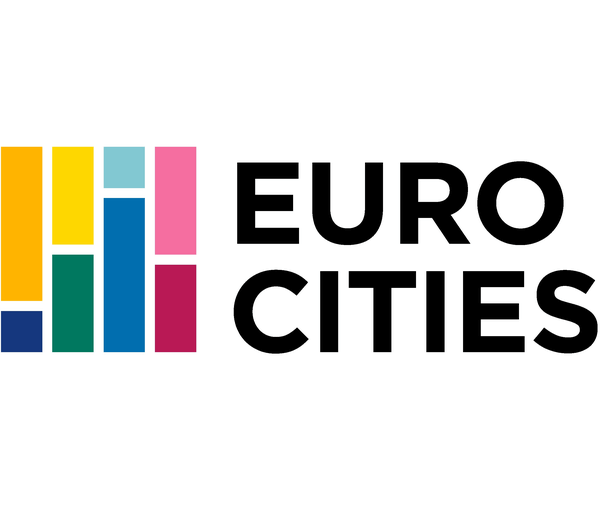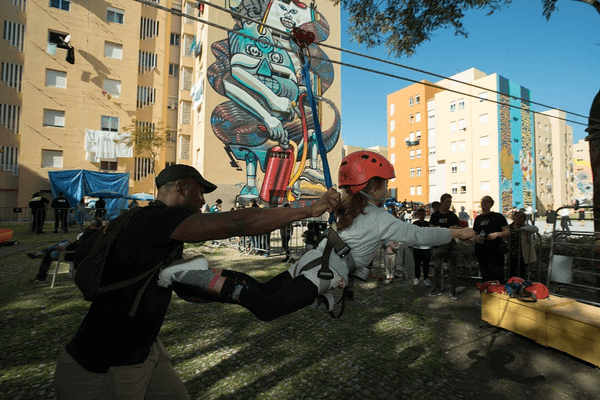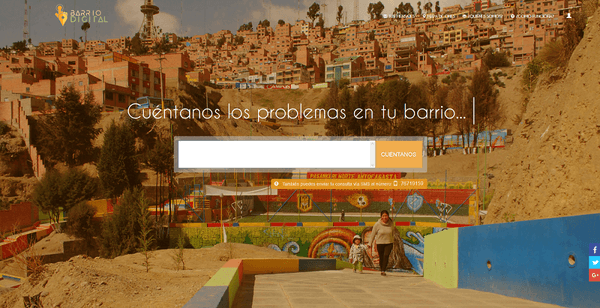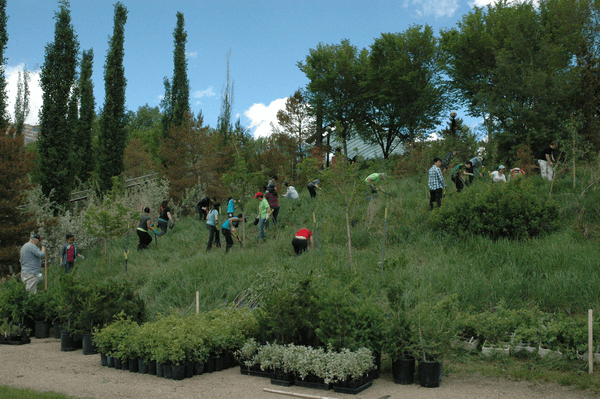City
The Hague
Main actors
City Government, Community / Citizen Group
Project area
Neighborhood or district
Duration
Ongoing since 2012
The Hague is harnessing the commitment, time and skills of citizens to help achieve its goal of becoming climate neutral by 2040. Practical support and grants for cooperative action at grassroots level are turning good ideas into reality across the city.
Citizens are crucial in helping cities achieve their CO2 emission reduction targets, in terms of understanding the need for environmental policies and changes in behaviour. The Hague, however, decided to take citizen participation to the next level. The city was convinced that letting community groups take the lead in sustainability action and innovation would achieve greater momentum and engagement, new ideas and better results.
The city allocated a budget of €1.4 million to its sustainability scheme, from which grants of up to €8,000 are offered to citizens with ideas for improving the environment or reducing energy use and emissions in their neighbourhood. These grants are for basic costs like setting up bank accounts and paying for research, legal and professional advice so that a group of neighbours can become a sustainable association or foundation with a feasible idea.
Originally published by EUROCITIES, the network of 130 European cities - PDF: http://nws.eurocities.eu/MediaShell/media/Citiesinaction_TheHague_neighbourhoodsustainability.pdf
Eurocities Awards
This project was shortlisted for the 'Eurocities Awards' in 2014 in the following category: Participation.
On Map
The Map will be displayed after accepting cookie policy
